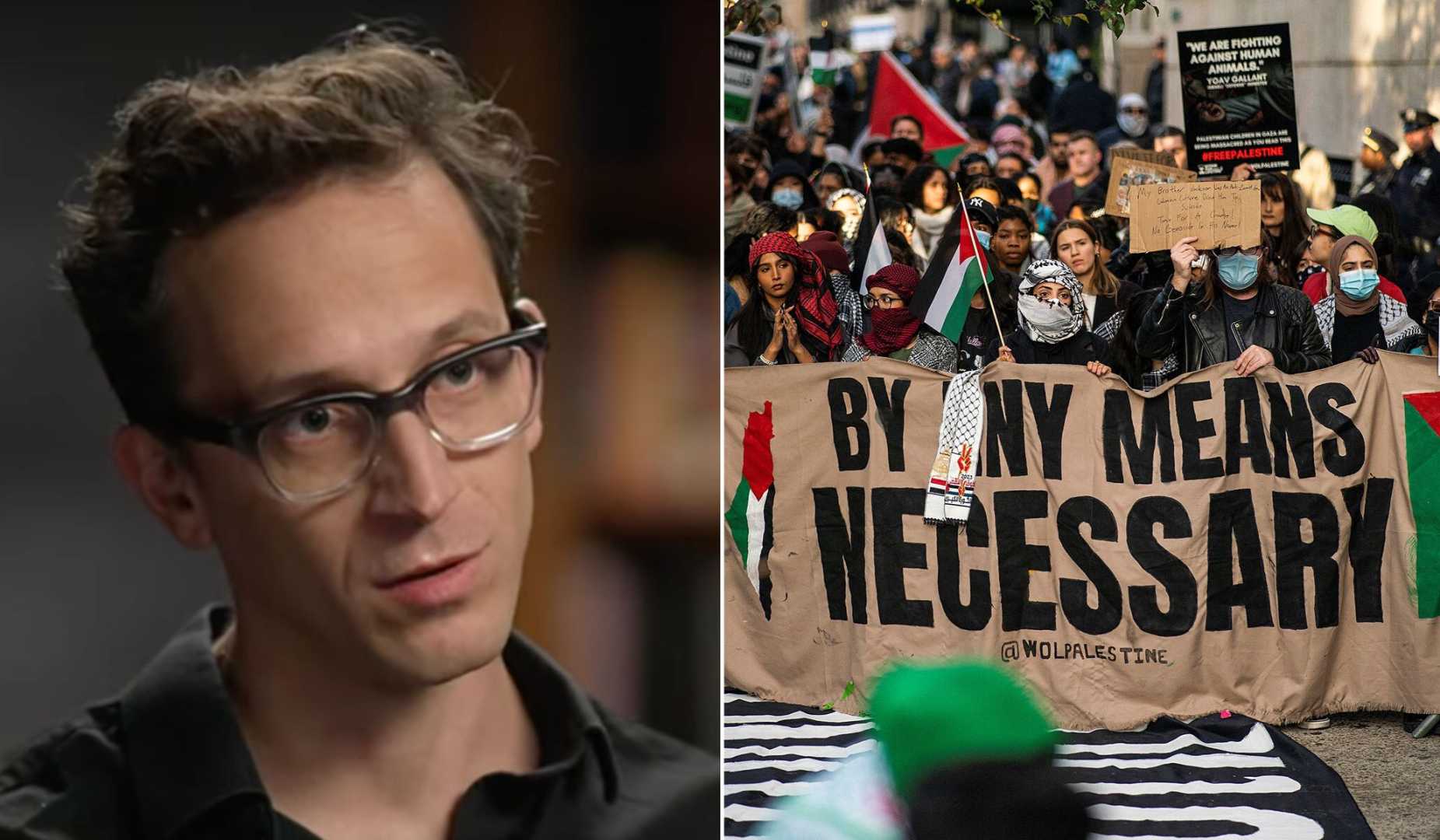News
Columbia University Temporarily Suspends Outspoken Pro-Israel Professor

A divisive figure at Columbia University in New York City, Assistant Professor Shai Davidai, has been temporarily suspended following allegations of repeated harassment and intimidation of university employees, according to a statement released by the esteemed institution. The suspension comes amid controversy surrounding Davidai’s outspoken pro-Israel stance and his criticism of fellow faculty and students.
Davidai, who serves in the business school, shared news of his suspension via an expletive-laden Instagram video, claiming the decision was due to his actions on October 7, during a protest organized by a pro-Palestine student group. “The university has decided to not allow me to be on campus anymore,” he declared, alleging retaliation for posting videos of interactions with public safety officials on that date.
On his social media platform X, where Davidai has amassed over 100,000 followers, he has accused colleagues of being “spokespersons for Hamas” and released personal information about another professor. These actions have sparked criticism from both students and faculty.
Several students have taken to social media to denounce what they describe as persistent harassment by Davidai. One student, who identifies as Palestinian Christian, highlighted his accusations during a family evacuation from Gaza. Another reported that offensive video edits of them had been circulating since October 2023.
Davidai’s suspension notably follows his intimidation of Cas Holloway, Columbia University’s chief operating officer, an action university officials assert crossed an unacceptable boundary. University spokesperson Millie Wert emphasized Columbia’s respect for free speech, stating, “His freedom of speech has not been limited and is not being limited now.” However, Wert clarified that the institution will not tolerate harassment or threatening behavior.
As part of the suspension conditions, Davidai is barred from campus, though he remains on the university’s payroll and retains his faculty status. Columbia has offered him alternative office space off campus and stipulated his return will be contingent upon completion of training on university policies.
Previously, last spring, Davidai was denied campus access after announcing plans to join the “Gaza Solidarity Encampment.” His actions are not the first to draw administrative rebuke; last April, a student activist faced suspension over inflammatory remarks about Zionists, and several faculty members resigned following revelations of anti-Semitic communications.
Amid these controversies, Columbia has faced criticism for its handling of campus protests while concurrently navigating intense scrutiny from donors and legislators concerned about allegations of anti-Semitism. This environment contributed to significant administrative changes, including the resignation of Columbia President Minouche Shafik over the summer.












